[ad_1]
Many people tend to applaud brutal honesty and give props to those who “keep it real.” However, delivering a harsh truth can damage relationships, especially among family members.
A woman decided to homeschool her young son, leading to undesirable results. Watching it all unfold is one of her parents, who spoke to her with utmost candor about her seeming lack of proper parenting decisions.
Tensions rose as the woman demanded an apology. However, the grandparent refused, believing the criticisms were warranted. Scroll down for the full story.
Some people think being brutally honest is the best way to go

Image credits: Tima Miroshnichenko (not the actual photo)
This grandparent called their daughter a “bad mother” for homeschooling their grandson
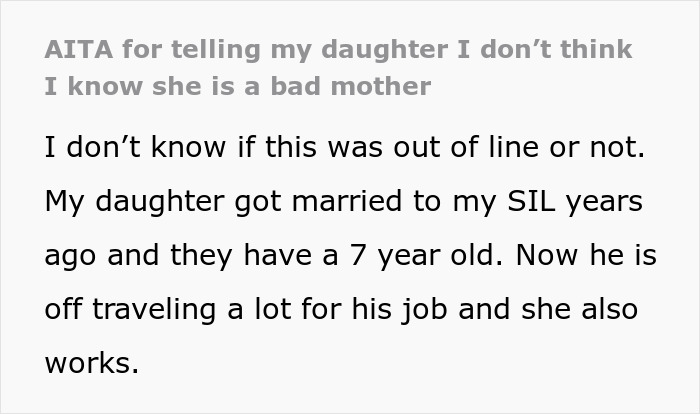
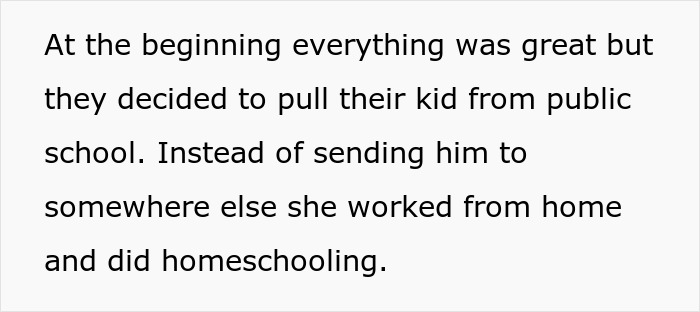
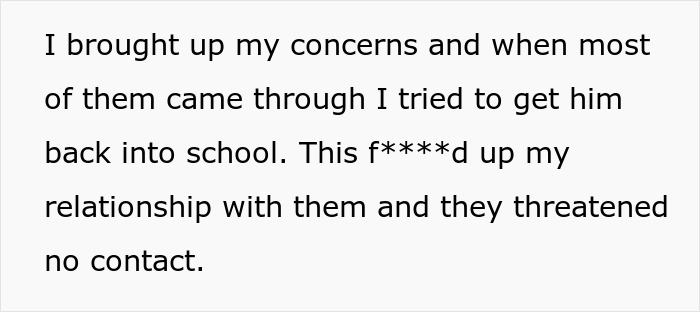

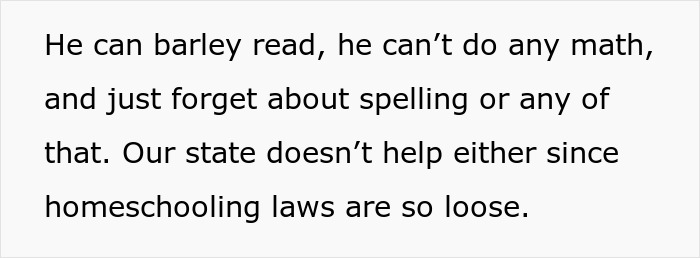
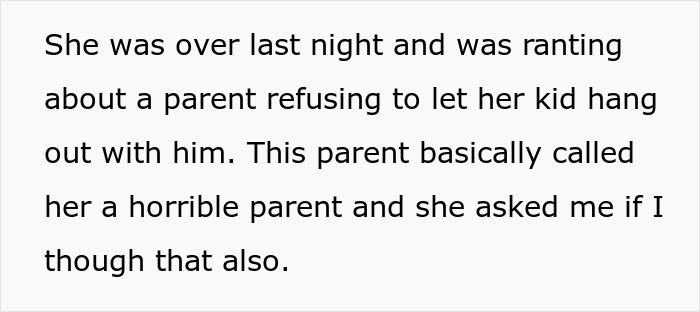
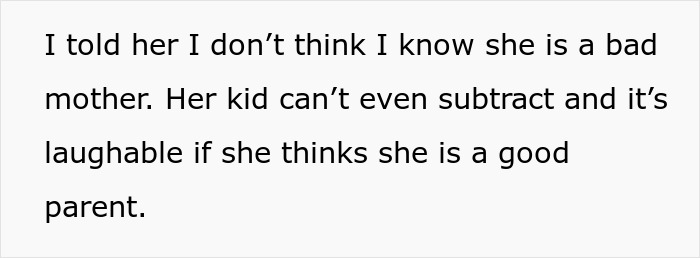
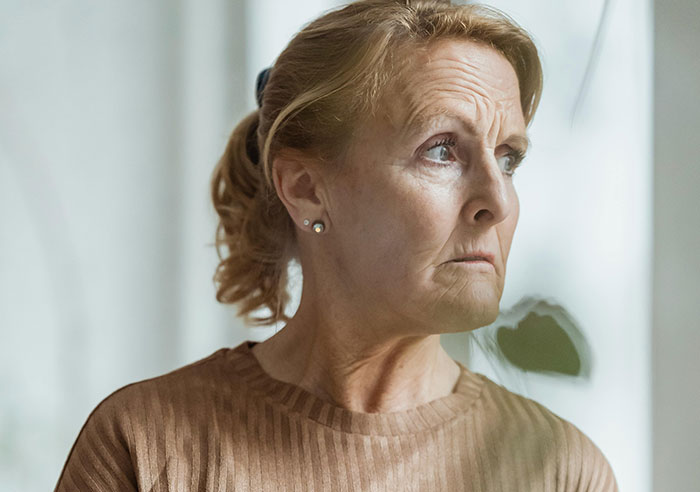
Image credits: Teona Swift (not the actual photo)
The author refused to apologize for their actions
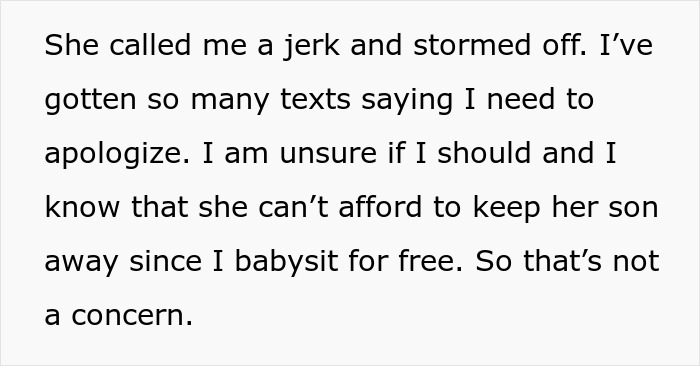
Image source: Worried-Range1133
Brutal honesty isn’t always necessary when getting our point across

Image credits: Photo By: Kaboompics.com (not the actual photo)
Many people may laud the author for her “brutal” honesty, a trait that gets a fair amount of praise. However, it isn’t always necessary, especially if you want the other person to hear what you’re trying to say.
As licensed psychologist and speaker Dr. Jonice Webb points out in an article for Psychology Today, a “straight-shooter” may also lack awareness of the harm their words can cause the other person. The receiver may react by being defensive or ignoring the message altogether.
People proud of their brutal candor may say, “No offense, but…” It may be a way for them to excuse their potentially rude behavior by masking it with “honesty.” According to Dr. Webb, it’s a form of gaslighting.
“That is a twist that’s confusing and unfair,” she stated.
That’s why experts like neuropsychologist Dr. Sanam Hafeez consider brutal honesty a red flag in relationships. Apart from the potentially hurtful words thrown around, it can create an unequal dynamic that could damage the receiver’s self-esteem.
“There is no healthy way to sustain a relationship where one partner is held in such high esteem compared to the other,” Dr. Hafeez told Well & Good.
You can be truthful without being hurtful
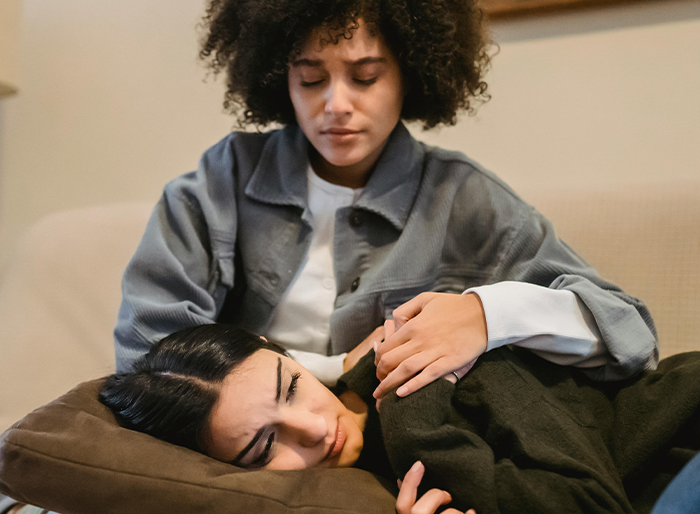
Image credits: Liza Summer (not the actual photo)
It could be possible that the author and their daughter have underlying issues that need addressing. Psychotherapist Dr. Ilene Cohen wrote in an article for Psychology Today that it begins by being true to ourselves.
“It’s hard to be authentic in our significant relationships if we haven’t dealt with our own stuff and communicated honestly about it,” Dr. Cohen stated.
But all problems aside, it always helps to communicate without causing hurt and tension. Choosing kindness instead of giving in to ill feelings at the moment may save the relationship from unwanted strain.
“It isn’t easy to apply this strategy when we’re angry or hurt, but our relationships will give us plenty of opportunities to practice,” Dr. Cohen wrote.
The author’s concern about their grandson’s academic performance and frustration with their daughter’s parenting decisions are understandable. However, telling their child she’s a bad mother didn’t help. If anything, it only worsened the problem.
They could have given constructive criticism, perhaps drawing from their experiences. Their daughter could have listened and even taken any advice they may have given.
What do you think, readers? Was the author within reason with their actions? Or could they have done away with their “brutal honesty”?
The author provided more information by answering commenters’ questions
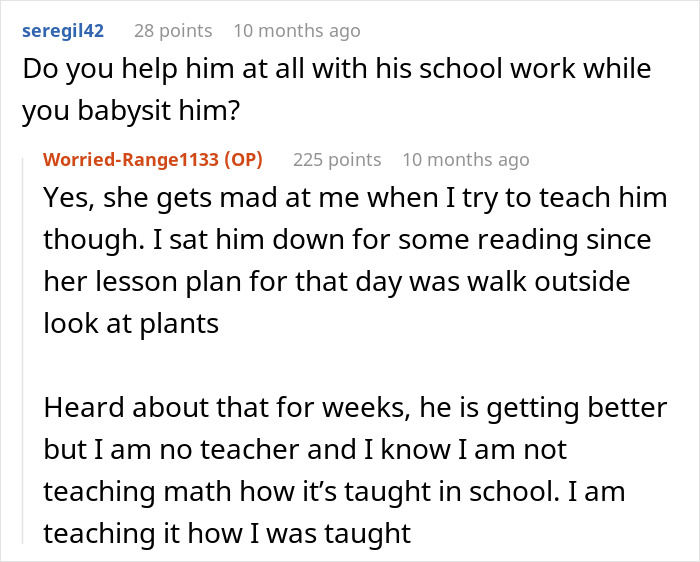
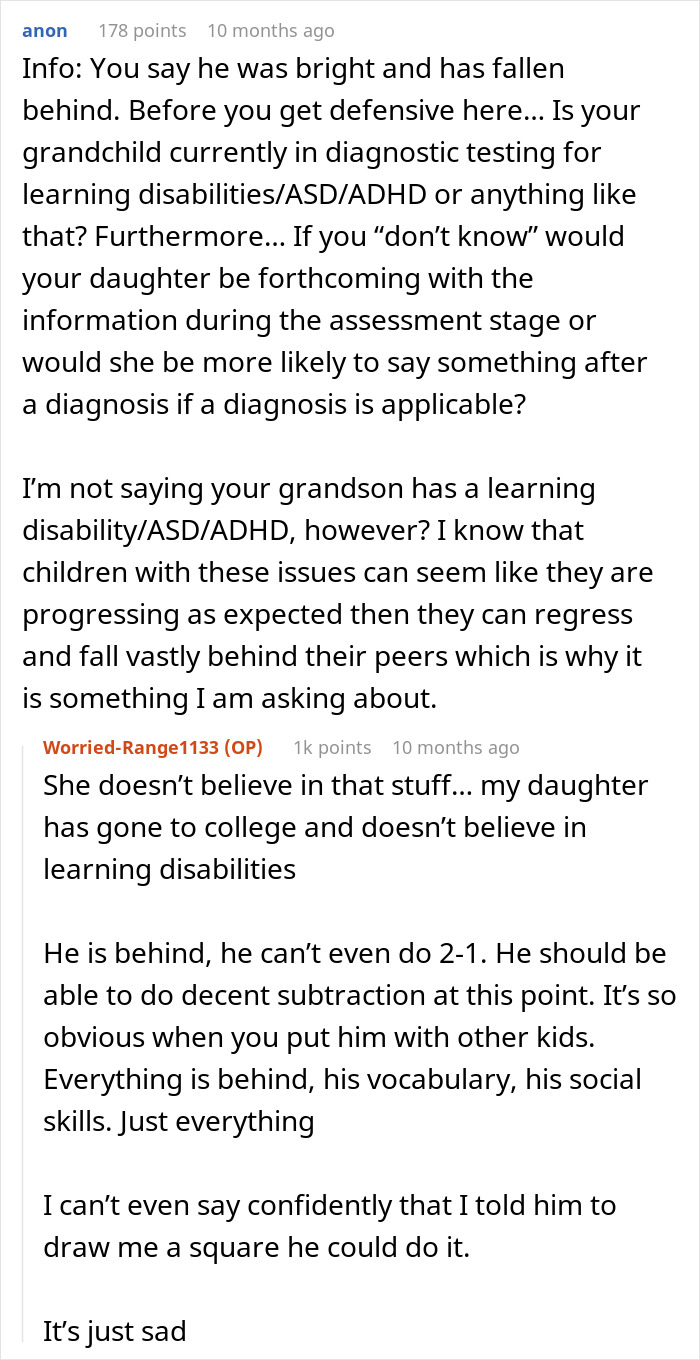

Many readers showed their support for the grandparent’s actions
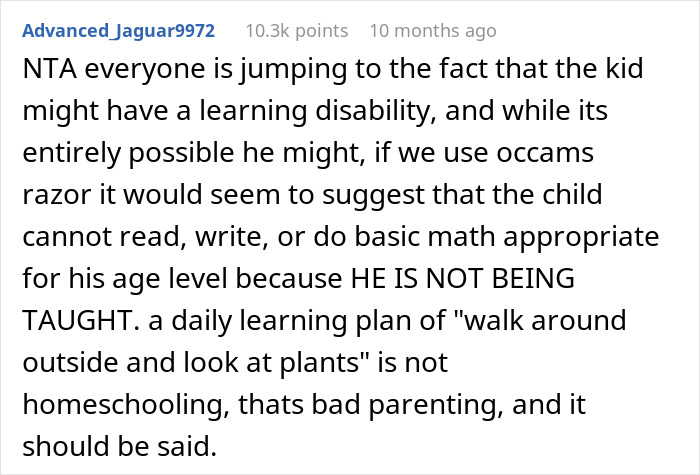
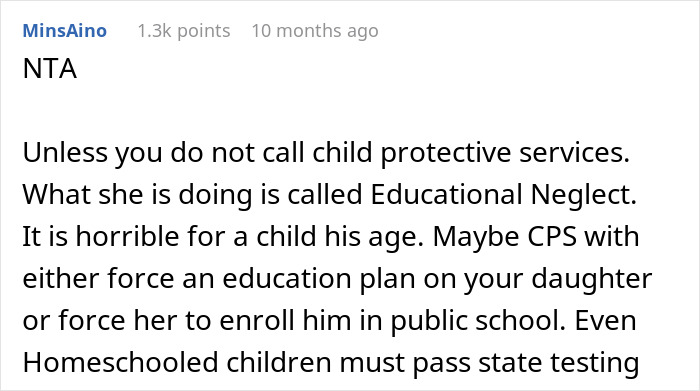
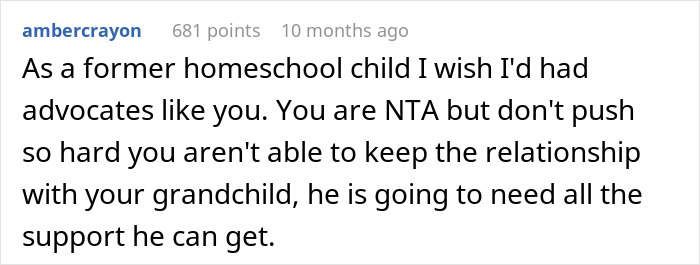
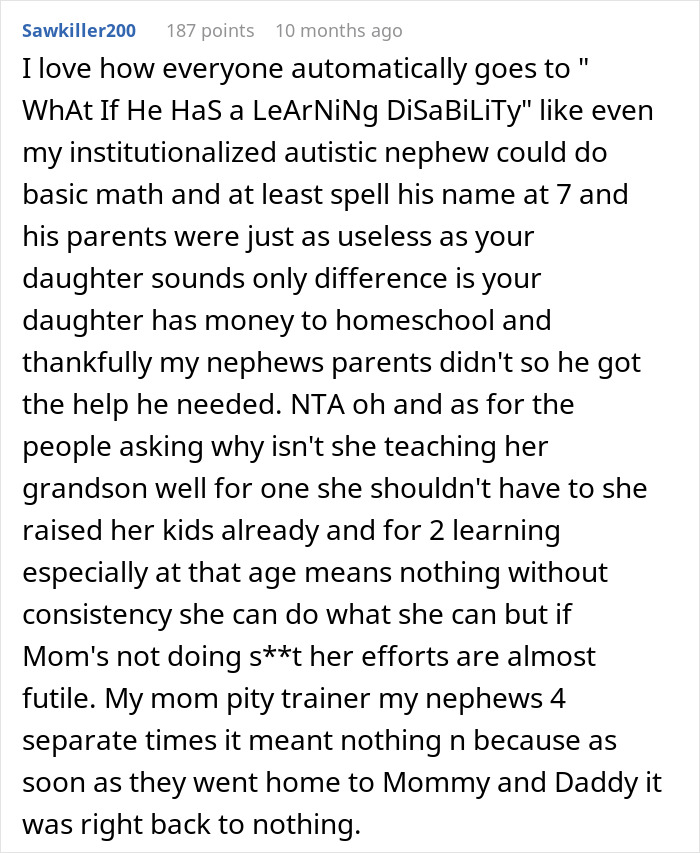






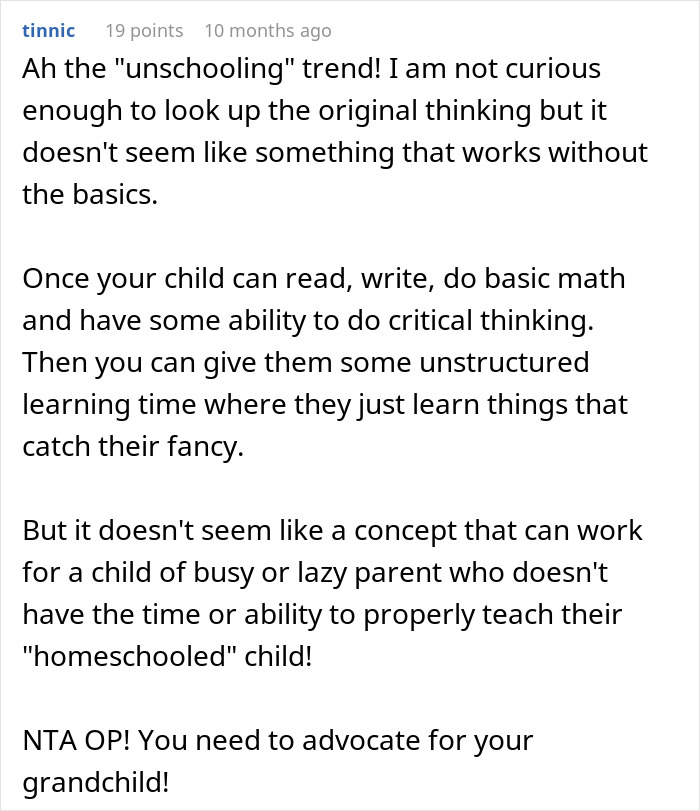
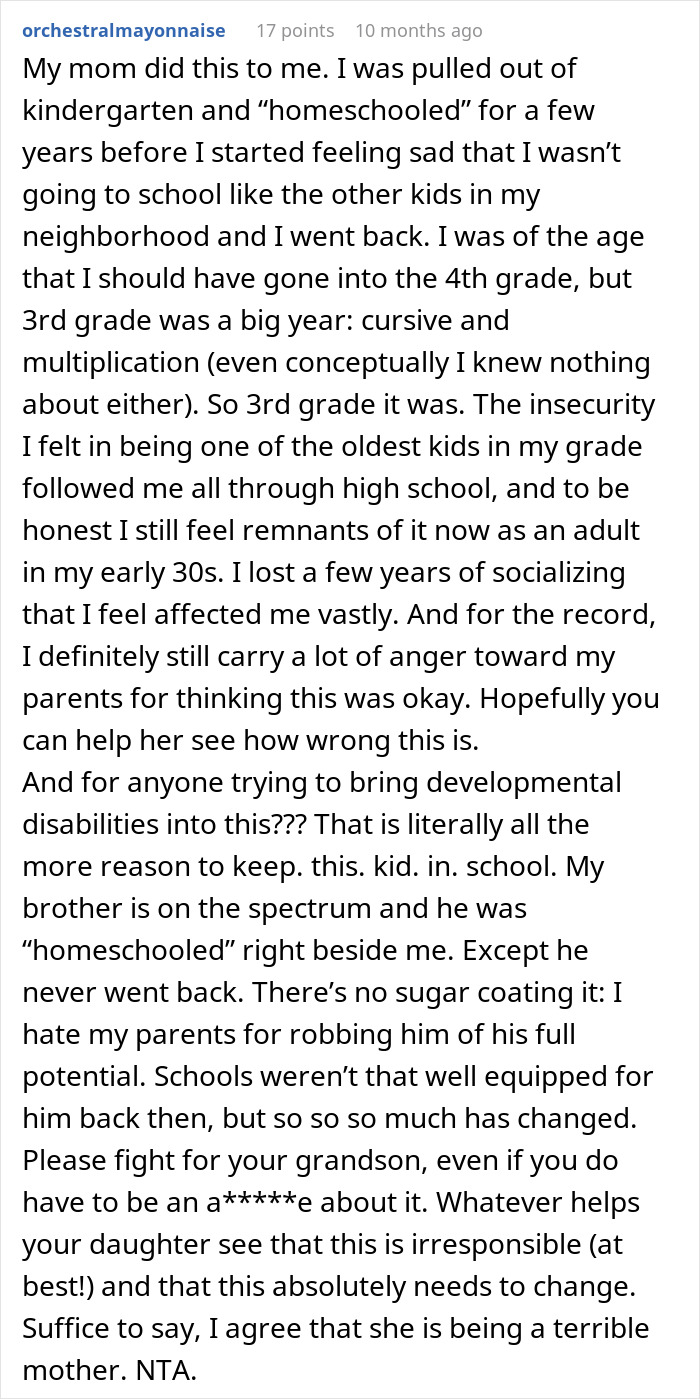

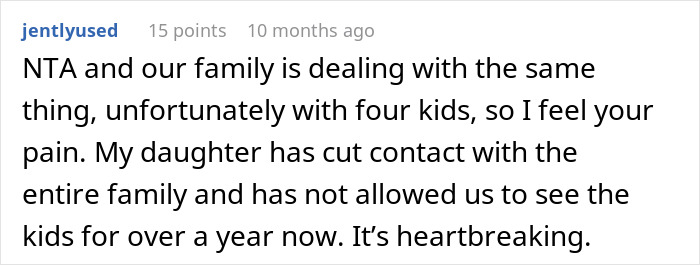
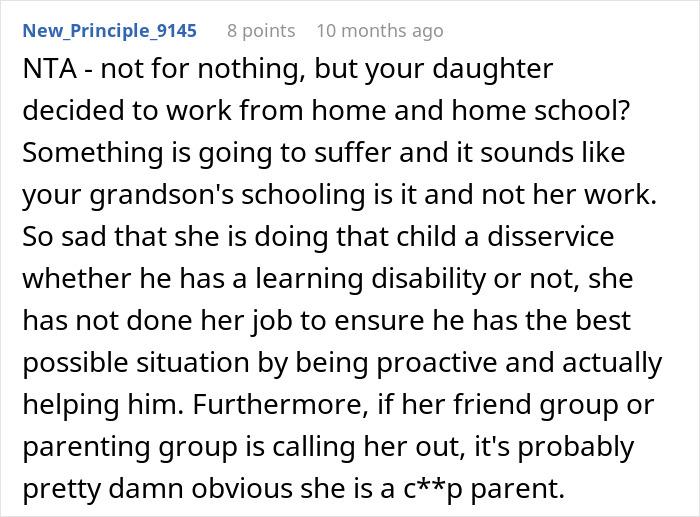
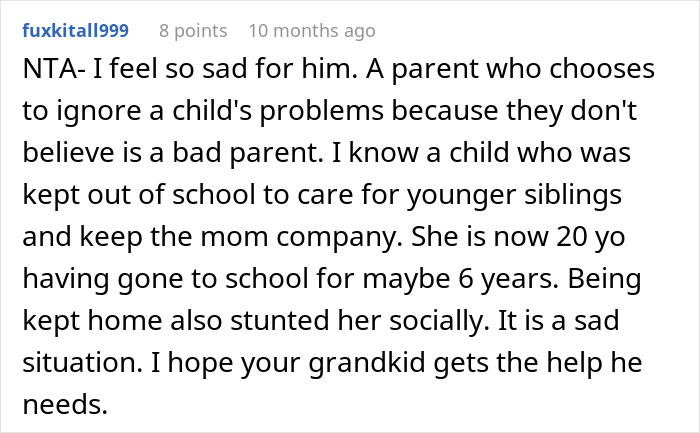
While some disagreed and asked questions
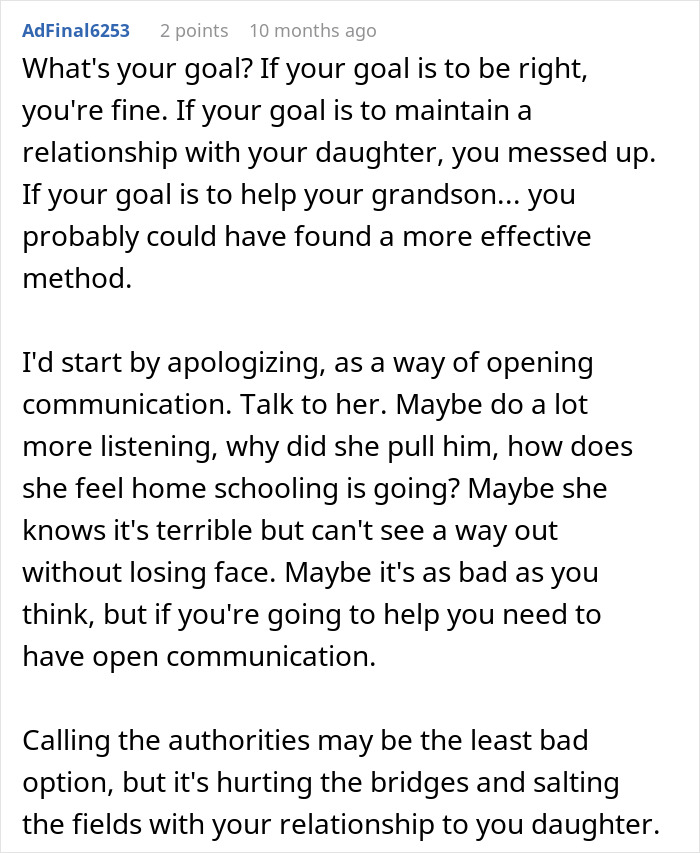
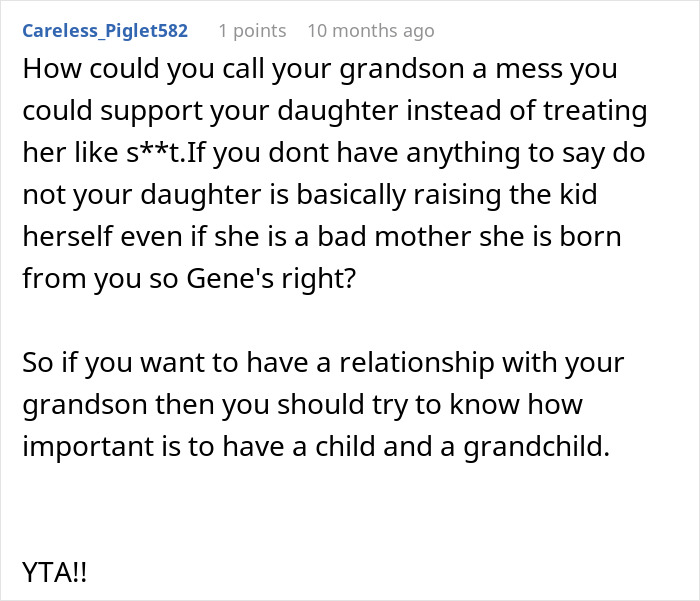


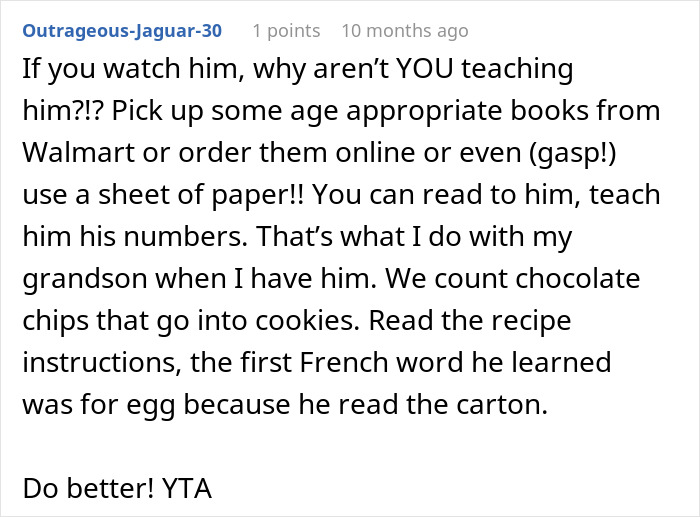

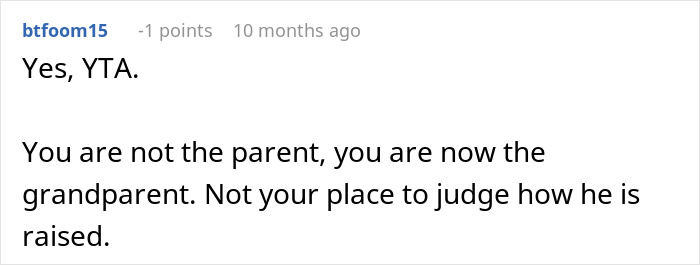
The post “AITA For Telling My Daughter She Is A Bad Mother?” first appeared on Bored Panda.
[ad_2]
Source link
























